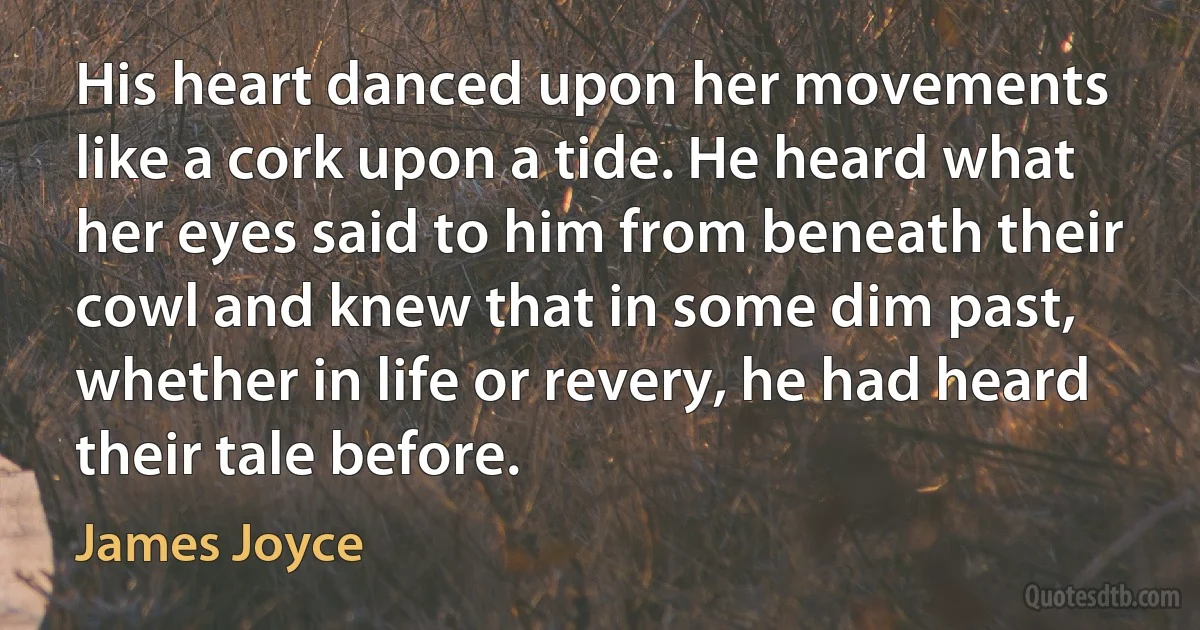Tale Quotes - page 10
The streak of rationality and questioning tradition too came early to him. Once a multicoloured book on the shelf at home caught his attention and he decided to read it, despite it being in Sanskrit, of which he understood very little. When Damodarpant discovered that his young son was reading the Aranyaka s he was enraged. There was a superstition that reading the Aranyaka s at home forebodes evil for the reader's worldly life and they needed to be read in seclusion in the woods. This left a lasting question in Vinayak's mind. How could someone as intelligent as his father believe in such superstitions?, he wondered. Mocking the belief, he continued reading the book without anyone's knowledge and proved to himself that this was just a fanciful and concocted tale.

Vinayak Damodar Savarkar
Here's a pot with a cot in a park
In a park where the peach-blossoms blew,
Where the lovers eloped in the dark,
Lived, died and were changed into two
Bright birds that eternally flew
Through the boughs of the may, as they sang;
'T is a tale was undoubtedly true
In the reign of the Emperor Hwang.

Andrew Lang
[...] we can strip off all grammatical clues to sentence structure, all affixes and prepositions, and yet still achieve communication. Thus restricted to nouns, simple "stories" can be told in word chains: Woman, street, crowd, traffic, noise, haste, thief, bag, loss, scream, police.... Again, the reader's past experience of his language is sufficient to restore the missing elements, sufficiently accurately for the purpose. But of course, not only does the reader have experience of sentence structure, enabling him to supply the missing syntactical elements, but also he has experience of typical contexts in which the various words are used; many words bear an aura about with them. It might be more difficult to tell a tale about a policeman who robbed a woman, for instance, with so little redundancy!

Colin Cherry
A final word. Drowning by Numbers is a story of three women who murder their husbands -- one in a bath, one in the sea and one in a swimming pool. It is a black and ironic fairy-tale for adults, half invented by children who are innocently obsessed with sex and death -- especially death. It is a poetic, amoral tale told morally to support the belief that the good are seldom rewarded, the bad go largely unpunished and the innocent are always abused.

Peter Greenaway
There is a beautiful tale among the Australian aborigines which says that the bow and arrow were not man's invention, but an ancestor God turned himself into a bow and his wife became the bowstring, for she constantly has her hands around his neck, as the bowstring embraces the bow. So the couple came down to earth and appeared to a man, revealing themselves as bow and bowstring, and from that the man understood how to construct a bow. The bow ancestor and his wife then disappeared again into a hole in the earth. So man, like an ape, only copied, but did not invent, the bow and arrow. And so the smiths originally, or so it seems from Eliade's rather plausible argument, did not feel that they had invented metallurgy; rather, they learned how to transform metals on the basis of understanding how God made the world.

Marie-Louise von Franz
The white-haired father now approached Ethan Brand, and gazed steadily into his face.
"They tell me you have been all over the earth," said he, wringing his hands with earnestness. "You must have seen my daughter, for she makes a grand figure in the world, and everybody goes to see her. Did she send any word to her old father, or say when she was coming back?"
Ethan Brand's eye quailed beneath the old man's. That daughter, from whom he so earnestly desired a word of greeting, was the Esther of our tale, the very girl whom, with such cold and remorseless purpose, Ethan Brand had made the subject of a psychological experiment, and wasted, absorbed, and perhaps annihilated her soul, in the process.

Nathaniel Hawthorne
Regardless of how Revenge of the Sith is received at the box office, it represents the conclusion to an unparalleled cinematic achievement. Finally, after 28 long years of waiting that were only occasionally punctuated by the appearance of new story fragments, Lucas has ended with an exclamation point. The tale of a galaxy long ago and far away is complete. Only now can we truly step back and admire the full tapestry that it has taken George Lucas and his ILM wizards nearly three decades to weave.

James Berardinelli



